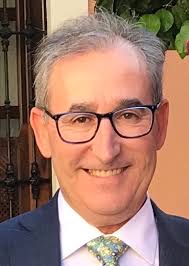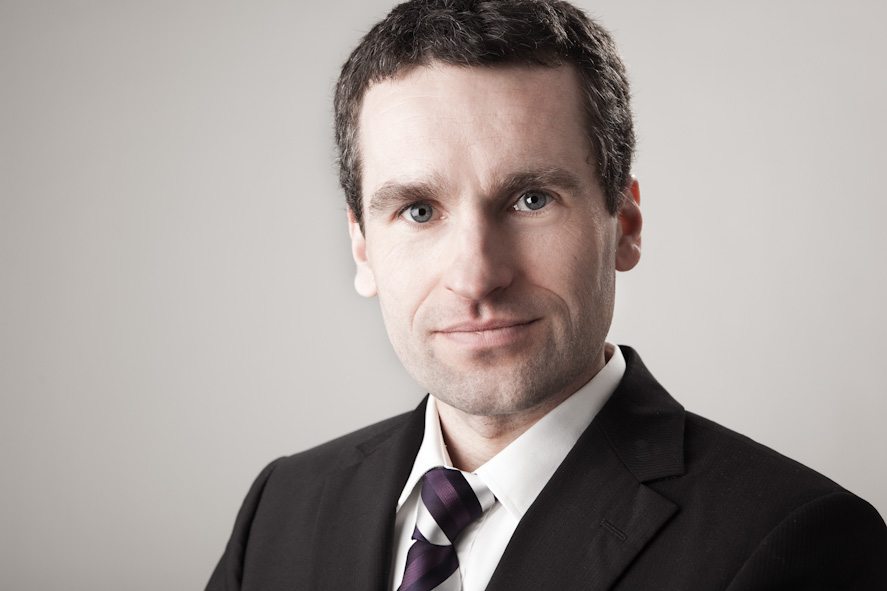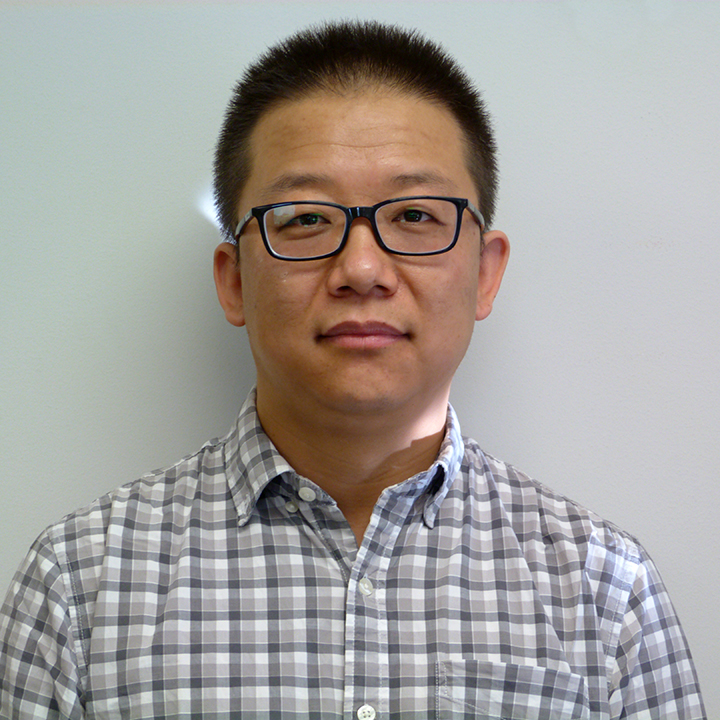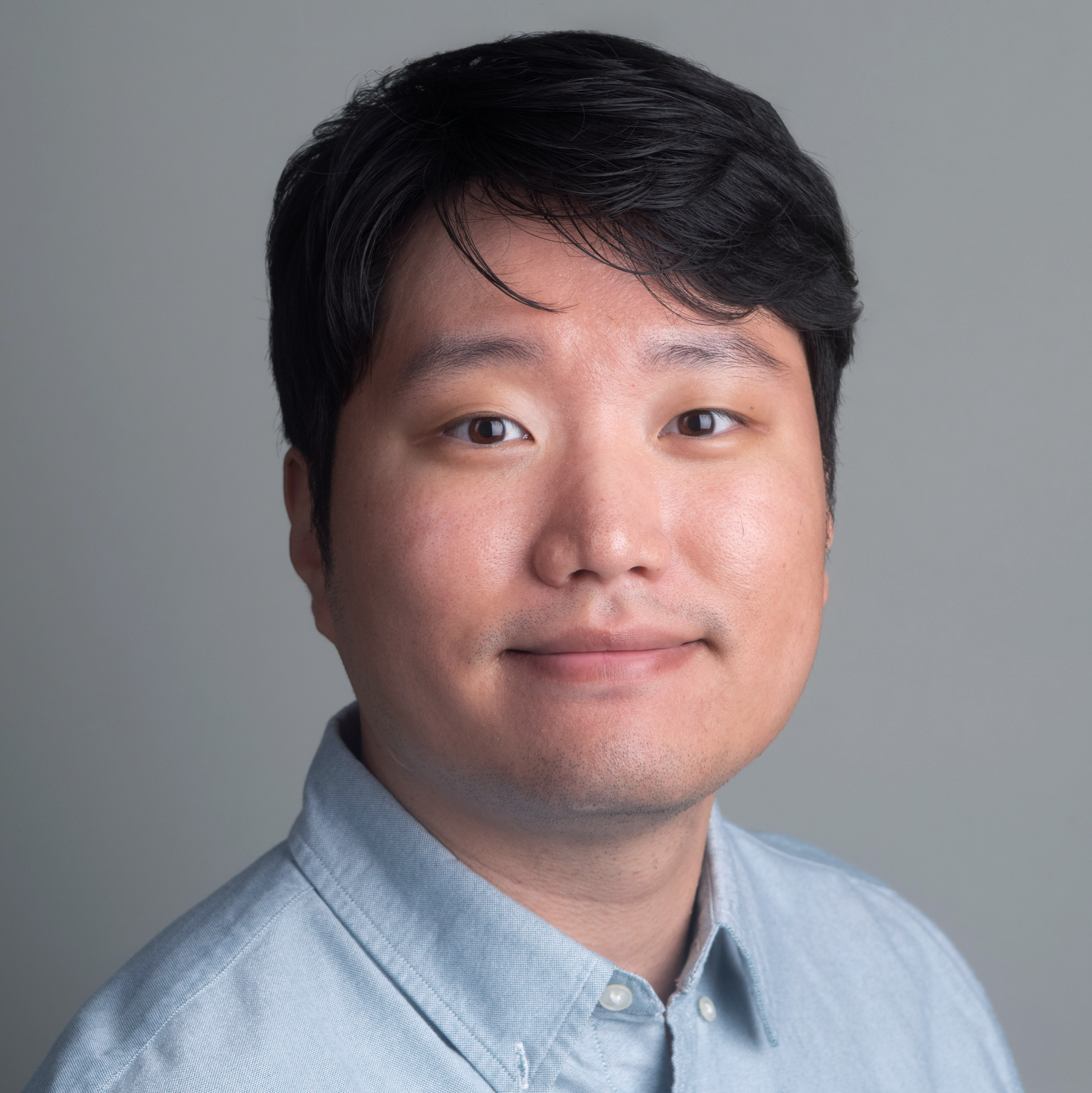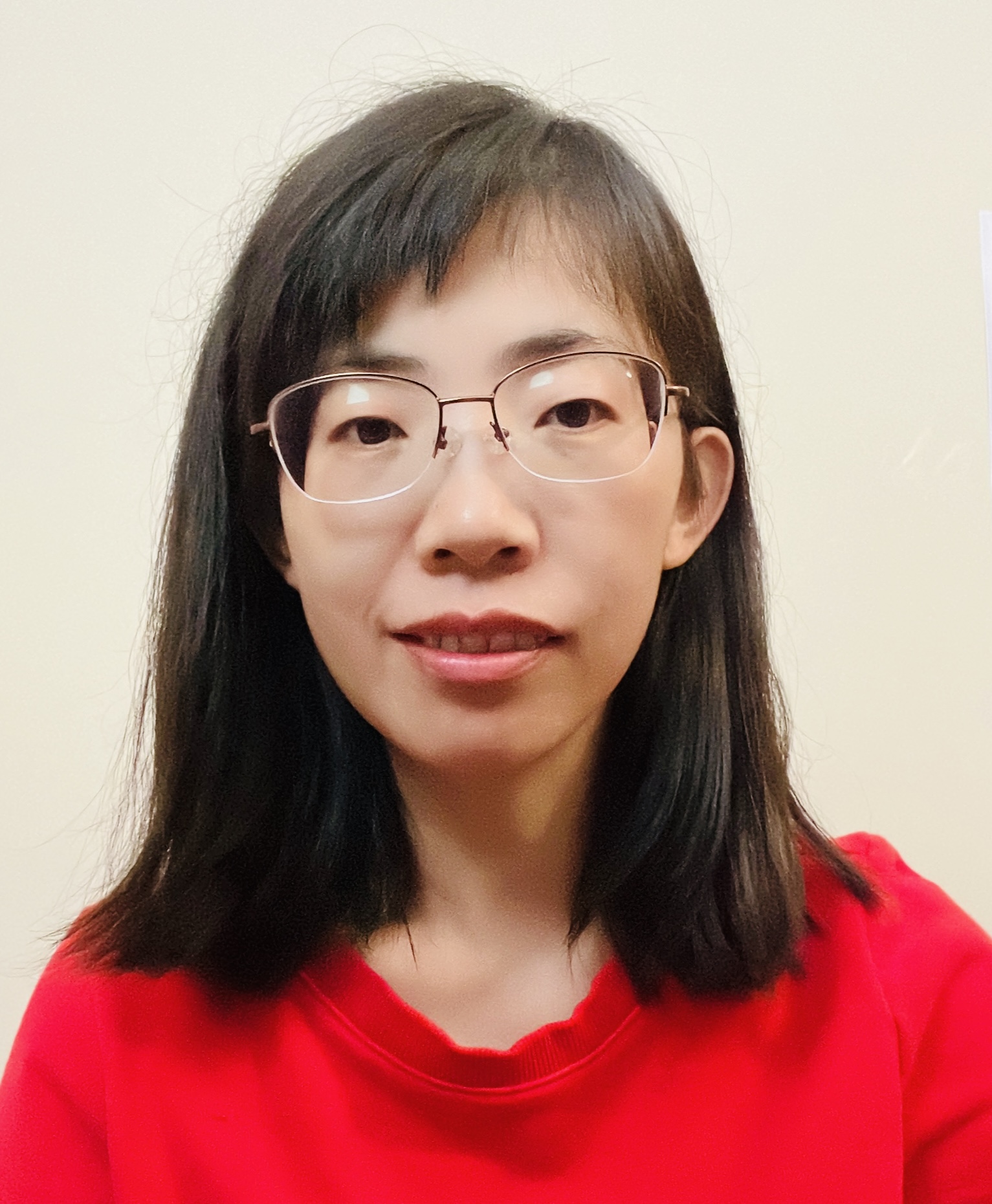DMS Colloquium: Dr. Tomás Caraballo
Apr 25, 2025 03:00 PM
PLEASE NOTE SCHEDULE CHANGES
Refreshments will be served in Parker 244 at 1:30pm.
Speaker: Dr. Tomás Caraballo (University of Seville, Spain)
Title: Dynamics of a nonlocal reaction-diffusion equation with memory.
Abstract: In this talk, the asymptotic behavior of a semilinear heat equation with long time memory and non-local diffusion is analyzed in the usual set-up for dynamical systems generated by differential equations with delay terms. This approach is different from the previous published literature on the long time behavior of heat equations with memory which is carried out by the Dafermos transformation. As a consequence, the obtained results provide complete information about the attracting sets for the original problem, instead of the transformed one. In particular, the proved results also generalize and complete previous literature in the local case (see [1], [2]).
References:
[1] J. Xu, T. Caraballo, J. Valero, Asymptotic behavior of a semilinear problem in heat conduction with long time memory and non-local diffusion, Journal of Differential Equations 327 (2022), 418-447.
[2] J. Xu, T. Caraballo, J. Valero, Asymptotic behavior of nonlocal partial differential equations with long time memory. Discrete and Continuous Dynamical Systems, Series S 15 (2022), no. 10, 3059-3078.
DMS Colloquium: Dr. Jussi Behrndt
Apr 14, 2025 10:00 AM
Speaker: Jussi Behrndt (TU Graz, Austria)
Title: Spectral theory for differential operators with singular potentials
Abstract: In this talk, we discuss qualitative spectral properties of self-adjoint Schrödinger and Dirac operators. We first briefly review some of the standard results for regular potentials from the literature and turn to more recent developments afterwards. Our main objective in this lecture is to discuss differential operators singular potentials supported on curves or hyperplanes, where in the case of Dirac operators it is necessary to distinguish the so-called non-critical and critical cases for the strength of the singular perturbation. In particular, it turns out that Dirac operators with singular potentials in the critical case have some unexpected spectral properties.
This talk is based on some recent joint works with P. Exner, M. Holzmann, V. Lotoreichik, T. Ourmieres-Bonafos, and K. Pankrashkin.
DMS Colloquium: Dr. Xiaolong Li
Apr 10, 2025 03:30 PM
PLEASE NOTE: DAY--THURSDAY, April 10 and TIME--3:30 (refreshments in 244 Parker at 3:00)
Speaker: Dr. Xiaolong Li (Wichita State University)
Title: Geometry and Analysis of Einstein Four-manifolds
Abstract: Einstein manifolds are fundamental objects in differential geometry, with deep connections to general relativity and mathematical physics. Their natural generalizations—quasi-Einstein manifolds or Ricci solitons—play a crucial role in the study of geometric flows, particularly Ricci flow. While Einstein metrics in low dimensions (two and three) are well understood, their classification in dimensions higher than four appears intractable. However, dimension four occupies a unique and intriguing position: it is rich enough to exhibit intricate geometric and topological phenomena, yet still accessible to classification efforts under suitable conditions. In this talk, I will survey some key developments in the study of Einstein metrics on four-manifolds, highlighting known examples and classification results. I will also mention some outstanding open problems and promising directions for future research.
The talk is based on a joint survey with Xiaodong Cao (Cornell) and Hung Tran (Texas Tech).
DMS Colloquium: Dr. Minjae Park
Mar 20, 2025 03:30 PM
Refreshments at 3:00 in 244 Parker Hall
Speaker: Dr. Minjae Park (University of Chicago).
Title: Geometry of uniform meandric systems
Abstract: I will discuss how a random geometry perspective can provide new insights into classical combinatorial objects, using meandric systems as an example. A meandric system of size n consists of loops formed by two arc diagrams—non-crossing perfect matchings on {1,…,2n}—with one drawn above and the other below the real line. Equivalently, it is a coupled collection of meanders with a total size of n. I will present a conjecture describing the large-scale geometry of a uniformly sampled meandric system of size n in terms of Liouville quantum gravity (LQG) surfaces decorated by Schramm-Loewner evolution (SLE)-type curves. I will then outline several rigorous results supporting this conjecture. In particular, a uniform meandric system exhibits macroscopic loops; and its half-plane version has no infinite paths.
The results are based on joint work with Jacopo Borga (MIT) and Ewain Gwynne (UChicago).
If time permits, I will also discuss connections between this approach and other probabilistic structures, such as permutons (limits of permutations), the directed landscape, and other conformal field theory models.
DMS Colloquium: Dr. Graeme Milton
Feb 28, 2025 02:00 PM
Update: The colloquium has been rescheduled to 2pm (still in Parker 328); refreshments will be served at 1:30pm.

Speaker: Dr. Graeme Milton (University of Utah)
Title: Guiding Stress: From Pentamodes to Cable Webs to Masonry Structures
Abstract: Pentamode materials are a class of materials that are useful for guiding stress. In particular, they have been proposed for acoustic cloaking by guiding stress around objects and have been physically constructed. A key feature of pentamode materials is that each vertex in the material is the junction of 4 double cone elements. Thus, the tension in one element determines the tension in the other elements, and by extension, uniquely determines the stress in the entire metamaterial. Here we show how this key feature can be extended to discrete wire networks, supporting forces at the terminal nodes, and which may have internal nodes where no forces are applied. In usual wire or cable networks, such as in a bridge or bicycle wheel, one distributes the forces by adjusting the tension in the wires. Here our discrete networks provide an alternative way of distributing the forces through the geometry of the network. In particular, the network can be chosen so it is uniloadable, i.e., supports only one set of forces at the terminal nodes. Such uniloadable networks provide the natural generalization of pentamode materials to discrete networks. We extend such a problem to compression-only "strut nets" subjected to fixed and reactive nodal loads. These systems provide discrete element models of masonry bodies. In particular, we solve the arch problem where one wants the strut net to avoid a given set of obstacles, and also allow some of the forces to be reactive ones.
This is joint work with Ada Amendola, Guy Bouchitté, Andrej Cherkaev, Antonio Fortunato, Fernando Fraternali, Ornella Mattei, and Pierre Seppecher.
DMS Colloquium: Dr. Songling Shan
Feb 21, 2025 03:30 PM
Refreshments will be served in Parker 244, 3-3:25pm.
Speaker: Dr. Songling Shan (Auburn)
Title: Graph Edge Decomposition and Graph Toughness
Abstract: This talk focuses on our recent work in two areas of graph theory: edge decomposition into non-conflicting groups and Hamiltonian cycles under toughness conditions. I will present an overview of several conjectures in the areas and discuss some partial results we have obtained.
This talk is a part of Dr. Shan's 3rd year review process.
